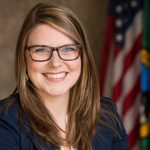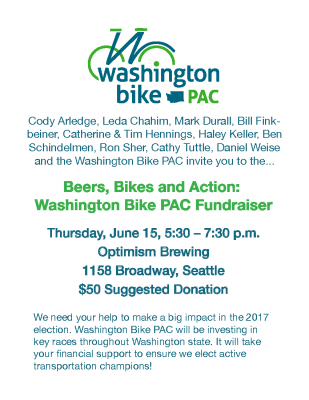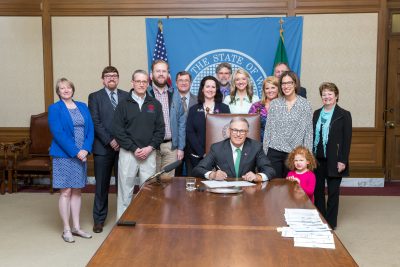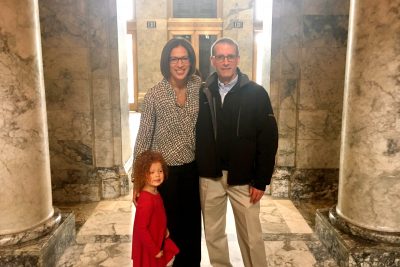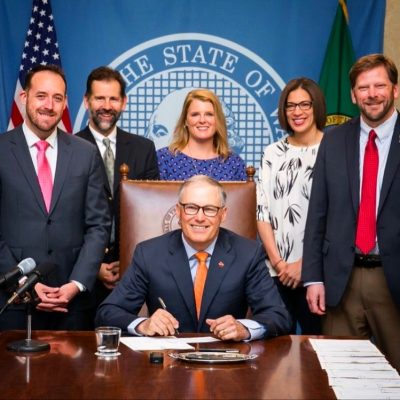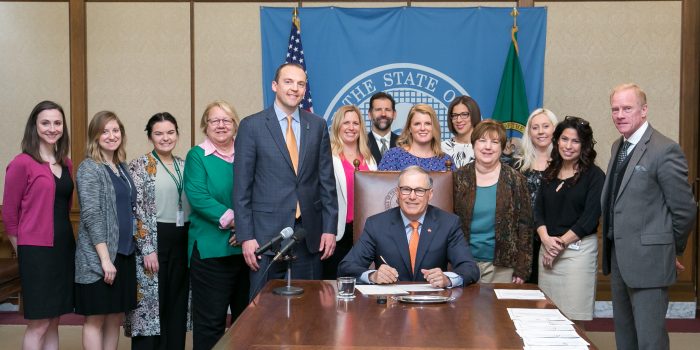FOR IMMEDIATE RELEASE: Former Microsoft General Manager Richard Smith Named New Executive Director of Cascade Bicycle Club and Washington Bikes
New executive director to take helm of the largest statewide bicycle nonprofit Sept. 5
SEATTLE, Wash., July 21, 2017 — After an extensive nationwide search, Cascade Bicycle Club and Washington Bikes announced Richard Smith as the new executive director of the organizations. Richard will begin his role on September 5.
“The board is excited to welcome Richard Smith as Cascade Bicycle Club and Washington Bikes’ next executive director,” said Charles Ruthford, Cascade board president. “Richard has the passion and proven experience in change management and leading organizations through transformation — perfect as we continue to evolve and grow as a statewide organization.”
Richard joins Cascade Bicycle Club and Washington Bikes with strong history at Microsoft as a highly effective, results-oriented executive with proven expertise in leadership, management and operations. He brings vast experience leading and inspiring organizations, driving the vision, strategy, planning, governance and internal and external engagement. Richard is an excellent communicator with diverse and extensive professional experience focused on building high impact, multi-functional teams through coaching and mentoring. Richard also brings experience building sustainable fundraising models with strong budgeting and financial management.
“I am honored and privileged to lead the staff of the Cascade Bicycle Club and Washington Bikes to achieve our mission of improving lives through bicycling,” said Richard Smith. “Bicycling is a crucial part of our Pacific Northwest outdoors identity, and enabling more people to enjoy this wonderful activity is a great reason to go to work every day.”
Richard brings experience in the nonprofit sector. He is currently a board member with the Seattle Chapter of the Juvenile Diabetes Research Foundation and has raised over $250,000 for the local Beat the Bridge to Beat Type 1 Diabetes event. Richard was also the executive sponsor of his division’s Diversity & Inclusion efforts at Microsoft and is looking forward to applying the learning and investments Microsoft provided him in this area for building equity, diversity and inclusion at Cascade and the broader bicycling community.
“Cascade has grown to be a tremendously successful organization for its members and community,” said Richard. “I am looking forward to continuing that success and working with the staff, board, our passionate volunteers, and the broader community to make bicycling accessible and safe for everyone.”
Originally from England, Richard has lived in Seattle for the past 25 years. Richard came to Seattle from New Zealand, where he had lived for 18 months, and landed at SeaTac with his wife-to-be, Jeanne, along with a backpack and a bicycle in a box. Richard always had a bike ready to go, but more recently, with the help of the Cascade Training Series, became confident enough to take on the one-day Seattle to Portland (STP) challenge, Ride from Seattle to Vancouver and Party (RSVP), Chilly Hilly and other local rides such as 7 Hills of Kirkland and RAMROD. “Bicycling has become my passion and importantly a great tonic for mind and body,” said Richard.
# # #
About Cascade Bicycle Club
Cascade Bicycle Club, the nation’s largest statewide bicycle organization, is powered by over 17,000 members and 36 staff and serves bike riders of all ages and abilities throughout the Puget Sound region and across Washington state. With a mission to improve lives through bicycling, we deliver community and school-based education programs, grassroots organizing workshops, free group rides, world-class events and more. Learn more at cascade.org.
About Washington Bikes
Washington Bikes grows bicycling all across the state of Washington every day. We advocate for bicyclists’ rights, endorse political candidates and hold officials accountable at every level of government, working with them to shape the policies that will make bicycling a safe, accessible form of transportation, travel and recreation. Through our efforts we increase funding for bicycle facilities; provide tools for local advocates to improve their communities; and promote the health, safety and economic benefits of bicycling. Our work and that of our many partner organizations means more biking all across Washington, the #1 Bicycle Friendly State in America (eight years in a row)! To learn more, visit WAbikes.org.
Media contact: Brent Tongco, Senior Director of Communications & Marketing, brentt@wabikes.org, 206.939.4307 (office), 303.828.7794 (cell)
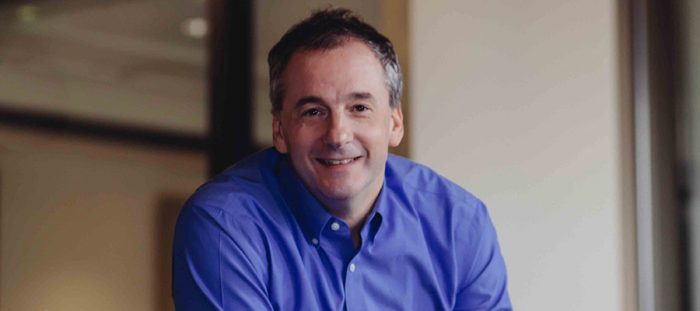
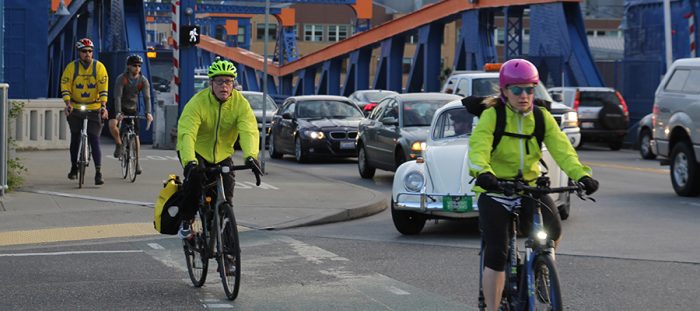
 As a public health practitioner and champion,
As a public health practitioner and champion, 







